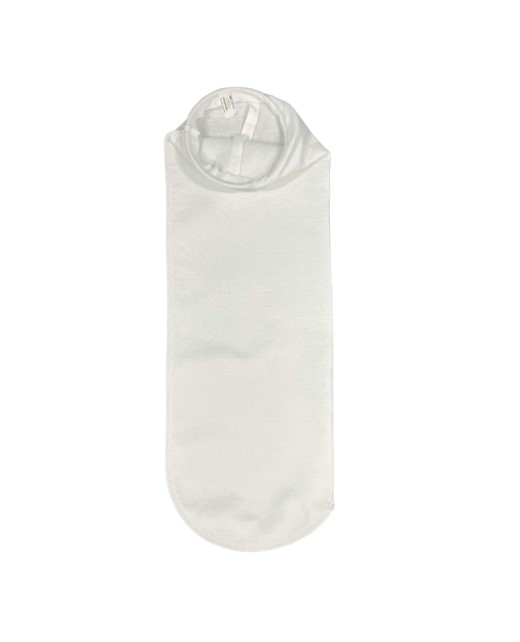Introduction
In the ever-evolving landscape of industrial processes, the choice of filtration systems can significantly impact the efficiency, longevity, and cost-effectiveness of operations. Among the myriad options available, the debate between Teflon cartridge filters and traditional filters has gained prominence. In this exploration, we’ll dissect the characteristics of both, helping you make an informed decision about which filtration solution is better suited for your business.
Teflon Cartridge Filters: Cutting-edge Prowess
1. Exceptional Chemical Resistance: Teflon, a synthetic fluoropolymer of tetrafluoroethylene, is renowned for its remarkable chemical resistance. Teflon cartridge filters are particularly adept at handling corrosive substances, making them ideal for industries where chemical exposure is a constant concern.
2. High Temperature Tolerance: Teflon’s ability to withstand high temperatures without degradation sets it apart. In applications involving hot processes or environments, Teflon cartridge filters maintain their structural integrity and filtration efficiency, ensuring consistent performance.
3. Non-stick Properties: The non-stick nature of Teflon prevents particles from adhering to the filter surface, reducing clogging and simplifying the cleaning process. This feature significantly extends the lifespan of the filter and minimizes downtime for maintenance.
4. Superior Filtration Efficiency: Teflon cartridge filters often boast high MERV ratings, indicating excellent filtration efficiency. They are capable of capturing fine particles, providing a cleaner and safer working environment.
5. Longevity and Cost-effectiveness: While Teflon cartridge filters may have a higher upfront cost, their durability and resistance to chemical wear often result in a lower total cost of ownership over time. Reduced maintenance requirements and longer replacement intervals contribute to significant cost savings.
Traditional Filters: Proven Reliability
1. Versatility: Traditional filters, made from materials like cellulose or polyester, are versatile and suitable for a broad range of applications. They can effectively capture a variety of particles, making them a reliable choice for diverse industries.
2. Cost-effectiveness: Traditional filters often come with a lower initial cost compared to their Teflon counterparts. For businesses with budget constraints or applications that don’t demand the specialized properties of Teflon, traditional filters offer a cost-effective solution.
3. Standardization and Availability: Traditional filters are widely available and come in standardized sizes, making them easy to source and replace. This accessibility simplifies maintenance and ensures minimal downtime in case of filter replacement.
4. Adequate Chemical Resistance: While traditional filters may not match the chemical resistance of Teflon, they still exhibit sufficient resistance to handle many common industrial processes. Understanding the specific chemical exposure in your operations is crucial in determining whether traditional filters are a suitable option.
5. Established Technology: Traditional filters have a long history of reliable performance in various industries. The familiarity with their operation and maintenance procedures contributes to ease of use and implementation.
Making the Decision
The choice between Teflon cartridge filters and traditional filters ultimately depends on the unique requirements of your business. Consider the following factors to guide your decision-making process:
- Chemical Exposure: If your operations involve exposure to corrosive chemicals, Teflon cartridge filters are a superior choice due to their exceptional chemical resistance.
- Temperature Extremes: For applications with high-temperature environments, Teflon filters offer longevity and stability, ensuring consistent performance.
- Budget Constraints: If initial costs are a primary concern, traditional filters may be a more financially viable option, especially if the application doesn’t demand the specialized features of Teflon.
- Versatility: If your business involves a wide range of processes with varying particle types, traditional filters’ versatility may be advantageous.
- Maintenance Preferences: Consider your maintenance preferences – whether you prioritize ease of cleaning, reduced downtime, or longer replacement intervals.
Conclusion
In Wrentham Teflon cartridge filter vs. traditional filter debate, there is no one-size-fits-all answer. The optimal choice depends on the unique demands of your business. By carefully evaluating your operational requirements, chemical exposure, temperature conditions, budget constraints, and maintenance preferences, you can make an informed decision that aligns with your business goals and ensures efficient and cost-effective filtration.



